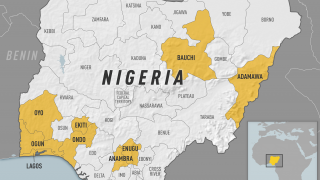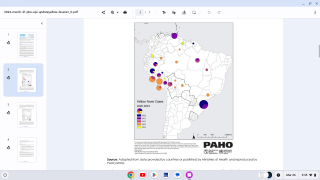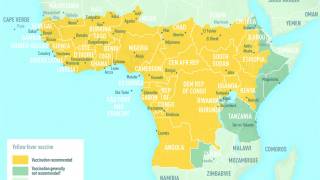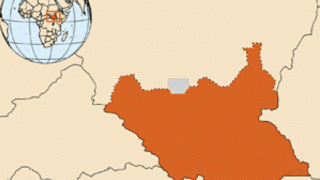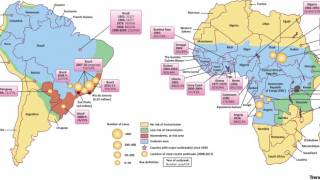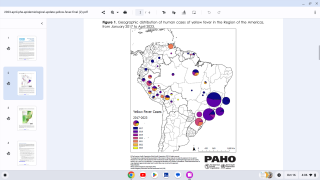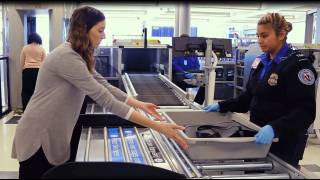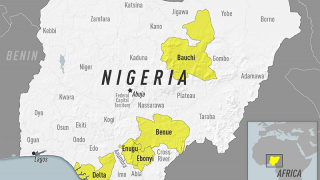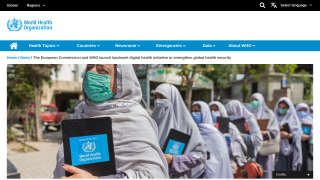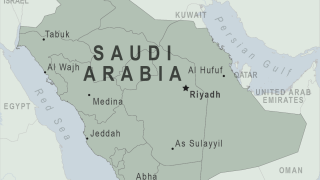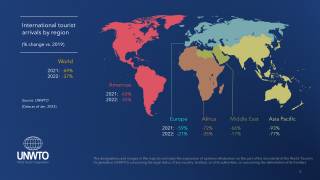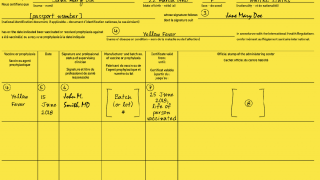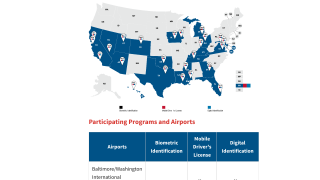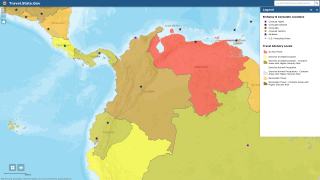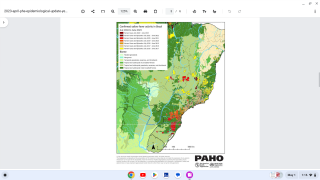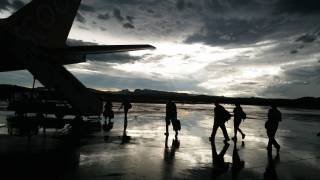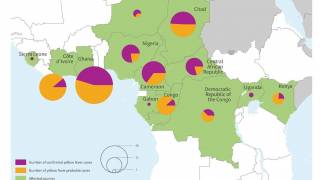Republic of Ethiopia Travel Advisory Expanded

A Level 2 Travel Advisory was expanded for the Federal Democratic Republic of Ethiopia by the US Department of State.
This Ethiopian ‘Exercise Increased Caution’ Travel Advisory issued on July 29, 2019, is related to sporadic civil unrest and communications disruptions. And, incidents of civil unrest and ethnic violence may occur without warning.
Previously, both the Canadian and United Kingdom governments issued similar Travel Advisories when visiting Ethiopia.
Furthermore, the Government of Ethiopia has restricted or shut down the internet, cellular data, and phone services during periods of civil unrest.
These restrictions impede the U.S. Embassy’s ability to communicate with and provide consular services to U.S. citizens in Ethiopia. The U.S. Embassy has limited ability to provide emergency services to U.S. citizens outside of Addis Ababa.
As a precaution, U.S. government personnel must request permission for any travel outside of Addis Ababa, and are required to carry personnel tracking devices and, in some cases, satellite phones.
U.S. government personnel and their families may not travel to the areas listed as Level 3 and Level 4 in this Travel Advisory, except for official business and with prior approval from the Embassy.
Specifically, the UK Foreign and Commonwealth Office (FCO) advises against all travel to:
- the four woredas (districts) (Akobo, Wantawo, Jikawo, and Lare) of Nuer zone and the Jore woreda of the Agnuak zone in Gambella region
- the Nogob (previously Fik), Jarar (previously Degehabur), Shabelle (previously Gode), Korahe and Dollo (previously Warder) zones of the Ethiopian Somali Region
- within 10 km of the border with South Sudan
- within 100 km of the Ethiopian border with Somalia and Kenya in the Afder and Liben zones of Ethiopia’s Somali region
- within 10 km of the border with Sudan and the other parts of the Kenyan border, with the exception or principal roads/towns
The UK’s FCO advises against all but essential travel to:
- within 10 km of the border with Eritrea, with the exception of: the main road through Axum and Adigrat; tourist sites close to the main roads (eg Debre Damo and Yeha); and open border crossings with Eritrea and the main roads to these border crossings. You should take local advice and not walk away from roads or towns unaccompanied
- all other areas of the Ethiopian Somali Region, including Siti zone, Fafan zone (with the exception of the main road and railway line to Djibouti), and the areas of Liben and Afder zones more than 100km from the Somalia and Kenya borders
- the woredas (districts) of Tsegede, Mirab Armacho and Tach Armacho in North Gonder zone
- the West Wollega and Qellem Wollega zones in the Oromia region, with the exception of the main Addis Ababa-Gambella road
- the rest of Gambella region, except the main Addis Ababa-Gambella road.
These travel warnings are unfortunate news since Ethiopia welcomed 1 million visitors in 2016, and was named the world’s best tourist destination of the year in 2015.
Ethiopia has a population of approximately 110 million residents and is located in the northeastern part of Africa, known as the Horn of Africa.
During 2018, Ethiopia maintained the unenviable record of being the global leader in internally displaced persons (2.9 million) driven out of their places of residence due to conflicts, according to the Global Report on Internal Displacement (GRID), published on May 10, 2019.
If you decide to visit Ethiopia, the US Department of State suggests the following preventive actions:
- Be aware of your surroundings when traveling to tourist locations and large crowded public venues.
- Follow the instructions of local authorities including movement restrictions related to any ongoing police action.
- Monitor local media for breaking events and adjust your plans based on new information.
- Do not physically resist any robbery attempt, nor display signs of wealth, such as wearing expensive watches or jewelry.
- Enroll in the Smart Traveler Enrollment Program to receive Alerts and make it easier to locate you in an emergency.
- U.S. citizens who travel abroad should always have a contingency plan for emergency situations, such as this Traveler’s Checklist.
- U.S. citizens needing assistance can contact the U.S. Consulate located at Entoto Street, PO Box 1014, Addis Ababa, Ethiopia. Telephone +251-11-130-6000; Email: [email protected].
Regarding health's risks to Ethiopian visitors, the US Centers for Disease Control and Prevention (CDC) suggested on July 18, 2019, that visitors are current with certain vaccines, such as Routine Vaccines and the measles-mumps-rubella (MMR) vaccine.
Yellow fever is a risk in certain parts of Ethiopia, so CDC recommends a yellow fever vaccine, such as Stamaril, for travelers 9 months of age or older to these areas.
And, the government of Ethiopia requires proof of yellow fever vaccination if you are traveling from a country with risk of yellow fever, which does not include the USA.
For more information on recommendations and requirements, see yellow fever recommendations and requirements for Ethiopia.
Additionally, Ethiopia is included in the CDC’s Global Measles Outbreak Notice, issued on June 10, 2019.
Pre-departure vaccination services, related travel medications, and counseling appointments can be scheduled with a local pharmacy by visiting Vax-Before-Travel.
Vaccines, like any medicine, can have side effects. You are encouraged to report vaccine side effects to the CDC.
Our Trust Standards: Medical Advisory Committee

